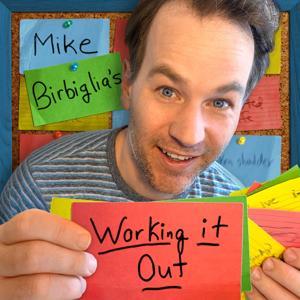Keren Ann was born in Israel, spent her early years in the Netherlands, and later moved to France. The daughter of a Russian-Jewish father and a Dutch-Javanese mother, she grew up multilingual and deeply aware that identity, language, and place are always in motion.
She began writing songs as a teenager and, by her mid-twenties, was already making her living as a professional songwriter — thanks in part to an unexpected collaboration with the legendary French singer Henri Salvador, for whom she co-wrote several late-career songs, including the hit "Jardin d'hiver."
From her debut album La Biographie de Luka Philipsen, Keren Ann established herself as a distinctive writer, singer, and producer. Over the next two decades, she moved fluidly between French and English, between Europe and New York, releasing a body of work shaped by solitude, curiosity, and an openness to change. Along the way, her songs have been recorded by artists including Iggy Pop and Jane Birkin, and she has collaborated with musicians such as David Byrne, Questlove, and Barði Jóhannsson.
In 2025, she released Paris Amour, an album inspired by and written from Paris, but not a record about Paris. Composed from her apartment in Montmartre, overlooking the city, the songs reflect a creative process rooted less in place than in solitude. Paris Amour is shaped by stillness and interior life. It's a record that acknowledges its surroundings while turning inward.
In this conversation, recorded in Paris, Keren Ann reflects on creativity, solitude, and the shift from inspiration to discipline, and on why, after twenty-five years, the process still matters.
www.third-story.com www.leosidran.substack.com www.wbgo.org/podcast/the-third-story




































